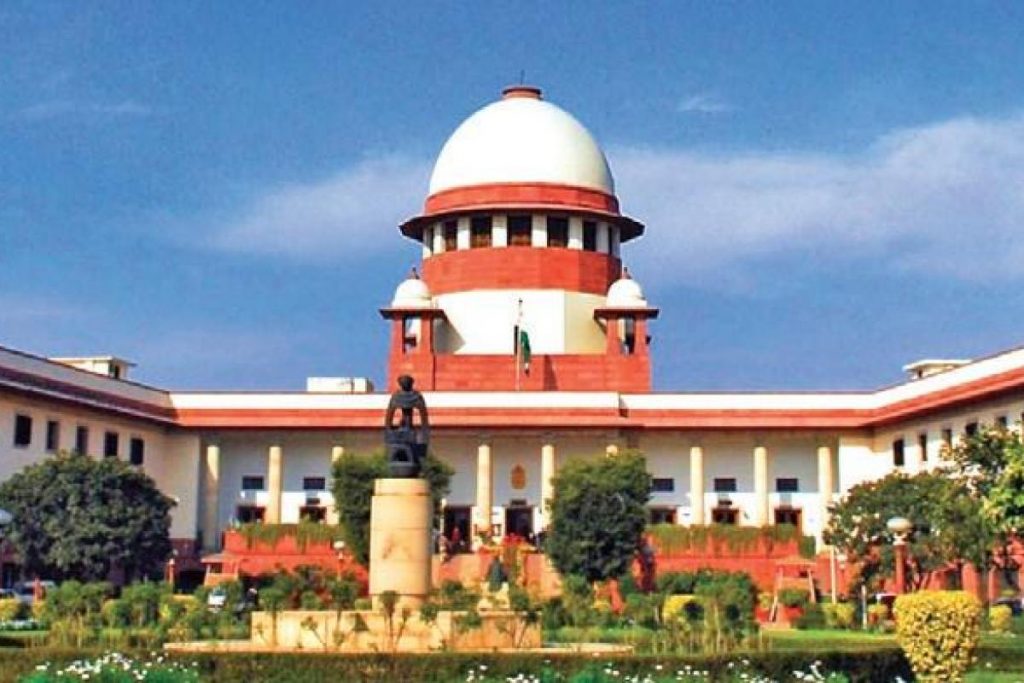New Delhi: The victims have ‘unbridled participatory rights’ from the stage of investigation till the culmination of the criminal proceedings. Such powers are ‘totally independent, incomparable’ with that of the state, the Supreme Court said Monday. The significant observation came from the Supreme Court in its decision of setting aside the Allahabad High Court February 10 verdict granting bail to Ashish Mishra. He is the son of Union Minister Ajay Mishra and was earlier arrested in the Lakhimpur Kheri violence case.
Eight people were killed in Lakhimpur Kheri during violence October 3, last year. Violence erupted when farmers were protesting against Uttar Pradesh Deputy Chief Minister Keshav Prasad Maurya’s visit to the area.
In a 24-page judgement, a Supreme Court bench comprising Chief Justice NV Ramana and Justices Surya Kant and Hima Kohli dealt in detail with the rights of the victims in criminal cases. They said victims are ‘totally independent, incomparable, and are not accessory or auxiliary to those of the state’ under the Code of Criminal Procedure (CrPC).
“A ‘victim’ within the meaning of CrPC cannot be asked to await the commencement of trial for asserting his/her right to participate in the proceedings. He/She has a legally vested right to be heard at every step post the occurrence of an offence. Such a ‘victim’ has unbridled participatory rights from the stage of investigation till the culmination of the proceedings in an appeal or revision,” Justice Surya Kant said in writing the judgement for the bench.
Also read: SC cancels Ashish Mishra’s bail in Lakhimpur Kheri case, asks him to surrender
Until recently, criminal law had been viewed on a dimensional plane wherein the courts were required to adjudicate between the accused and the State, the Supreme Court bench said. It added that the ‘victim’, a ‘de facto sufferer of a crime’ had no participation in the adjudicatory process. The victim was made to sit outside the Court as a mute spectator.
“However, with the recognition that the ethos of criminal justice dispensation to prevent and punish ‘crime’ had surreptitiously turned its back on the ‘victim’, the jurisprudence with respect to the rights of victims to be heard and to participate in criminal proceedings began to positively evolve,” the Supreme Court bench stated.
While deciding the plea, the bench framed one of the questions of whether a ‘victim’ as defined under CrPC is entitled to be heard at the stage of adjudication of bail application of an accused.
“The victim has a legally vested right to be heard at every step post the occurrence of an offence,” the bench said. “Such a ‘victim’ has unbridled participatory rights from the stage of investigation till the culmination of the proceedings in an appeal or revision,” it added.
